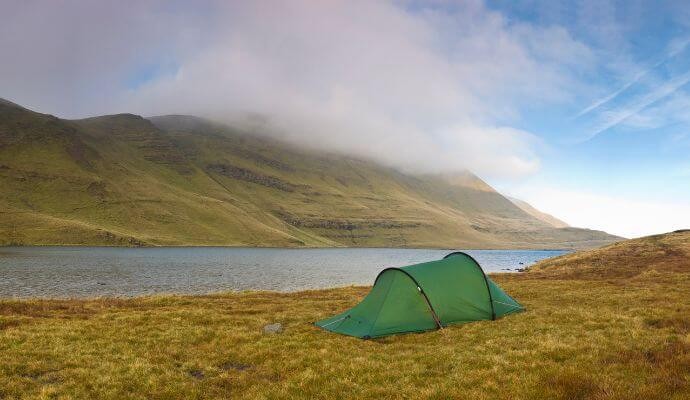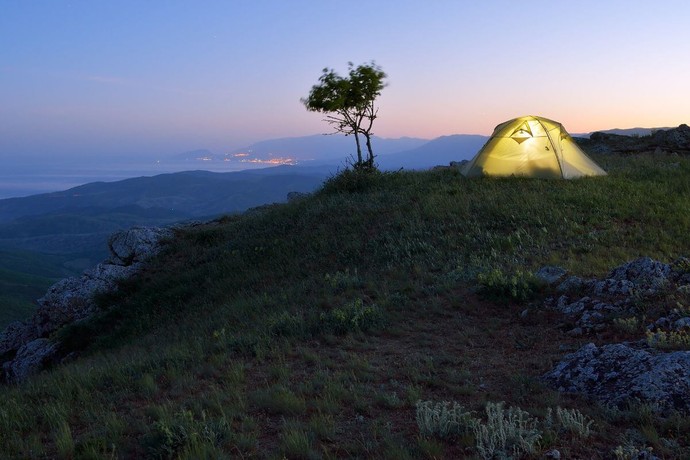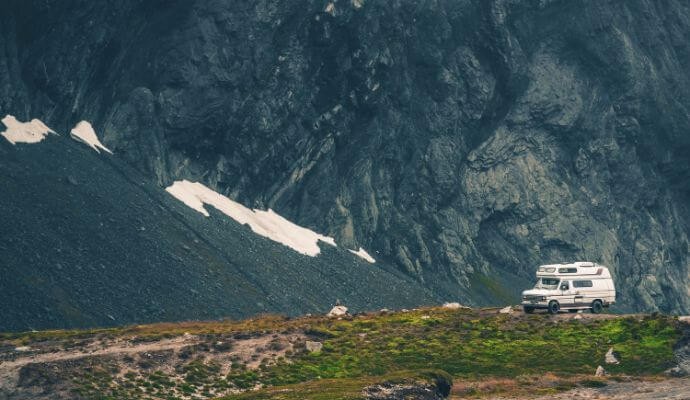That's Why Wild Camping is Prohibited
One of the most important points for wild camping prohibitions is the protection of nature. The pitching of tents or parking of vehicles in remote areas can be a substantial strain on the local flora and fauna. The heavy footsteps and the weight of vehicles can damage vulnerable ecosystems and destroy the habitats of plants and animals.
The presence of humans in natural spaces also leaves lasting marks. Loudness, bonfire smoke and other human activities can scare off wild animals and destroy their natural habitat. Rubbish and waste water, which are often left behind when wild camping, pollute nature and can cause long-term damages.
Apart from the environmental effects, wild camping also has an impact on the local population in countries and regions that are popular tourist destinations. Wild camping often collides with property rights and regulations on land use. Completely self-sufficient travel, where campers bring their own resources, also harms local tourism. If campers forgo the campsites and local gastronomy, they miss the opportunity to support the local economy and give something back to the holiday region.
Considering these factors, the picture is clear: Wild camping is often not allowed in order to protect nature, minimise environmental impacts and consider the interests of local communities. While the prohibition of wild camping may be seen as a restriction for some, it ultimately helps to preserve the beauty of nature and promote the sustainability of tourism. However, campers have the options to use campsites and local facilities in countries and regions where wild camping is not allowed, in order to respect and support the environment and local economy alike.
On camping.info you can find over 23,000 beautiful campsites - and many of them are especially close to nature. With the LIVE-availability-search you're able to find available campsites, book them online and directly bypass the risk of high fines when wild camping. Discover available campsites now

 Deutsch
Deutsch English
English Nederlands
Nederlands français
français italiano
italiano Español
Español български
български босански
босански čeština
čeština dansk
dansk Ελληνικά
Ελληνικά eesti
eesti suomi
suomi hrvatski
hrvatski magyar
magyar lietuvių
lietuvių latviešu
latviešu norsk bokmål
norsk bokmål polski
polski português
português română
română русский
русский slovenčina
slovenčina slovenščina
slovenščina српски
српски svenska
svenska Türkçe
Türkçe





